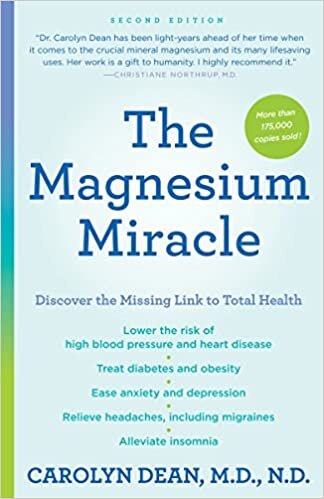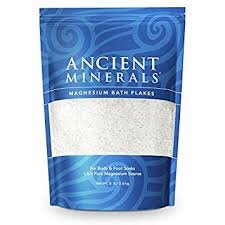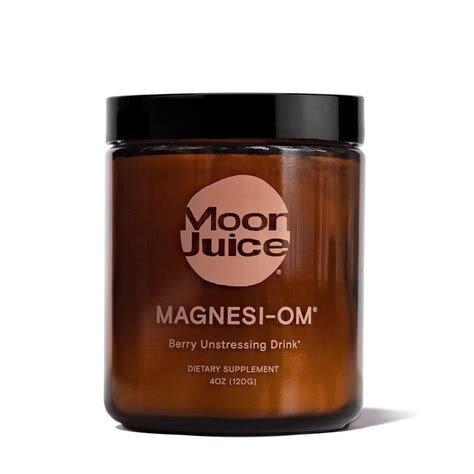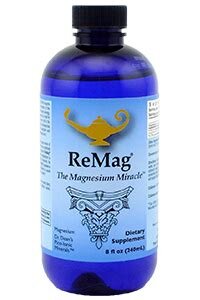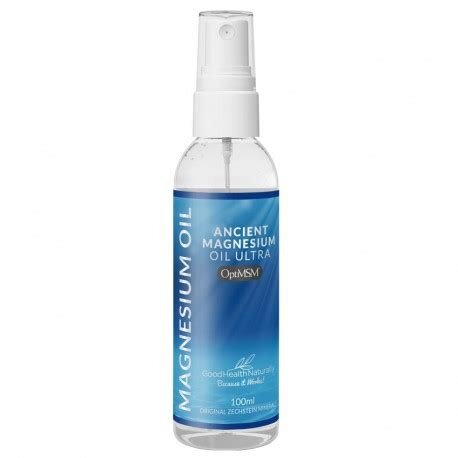Magnesium • The Relaxation Mineral
70 percent of the population is deficient in magnesium, primarily due to the fact that we don’t eat enough leafy greens. It’s one of the most important relaxation minerals and deemed miraculous by many.
What is Magnesium
It’s a macro-mineral which means it’s needed by the body in large amounts unlike trace minerals which are needed in smaller amounts. It’s an important co-factor (helper) in over 300 functions in the body. It’s important.
Benefits
Magnesium is synonymous with relaxation but also necessary for so many other functions. It helps the liver metabolize estrogen, prevents calcium buildup in the body which can interfere with your body’s normal processes, reduces cortisol, supports energy production, healthy bones, hair, skin and nails, regulates blood pressure, regulates heart rhythm, reduces muscle cramps, helps vitamin D and calcium absorption, reduces stress, improves sleep and supports healthy cardiovascular function.
Synergy
Magnesium works synergistically with calcium and vitamin D. So if you’re deficient in vitamin D or calcium your magnesium levels will be affected. For example, vitamin D is needed to absorb magnesium.
Breast Health Benefits
Magnesium is needed by the liver to optimally metabolize estrogen. Excess estrogen in a woman’s body can stimulate cellular growth, cause breast tenderness, swelling and fibrocystic changes in breast tissue. It’s all about balancing those hormones.
Signs of Deficiency
Hyperactivity, muscle cramps, headaches, anxiety, constipation, infertility, insomnia, nerve problems, osteoporosis, PMS symptoms (cramps, breast tenderness and swelling), acne, and high blood pressure among many more.
In my personal experience, correcting nutrient deficiencies are a great and important place to start when striving for health and healing. I’ve seen incredible results when I’ve corrected my deficiencies. This doesn’t meant that this is the answer for everyone, since we are all genetically different, but it’s a important and simple first step.
Causes of Deficiencies
Too much alcohol depletes several important vitamins and minerals.
Excess calcium in the body
Too much sugar
Refined and processed food
Low stomach acid
Stress (anxiety, insomnia, excessive exercise)
Leaky gut – can’t properly absorb important nutrients
Additives and food processing depletes magnesium.
Birth control pill and many antibiotics deplete magnesium (by harming the gut)
Vitamin D deficiency (vitamin D is needed to absorb magnesium)
Nutrient deficient soils
Pesticides – another reason to eat organically
Acid – reflux
With our current lifestyles and stress filled environments, it’s pretty easy to become deficient in several key nutrients. My magnesium deficiency symptoms usually express themselves as chest pain (if my magnesium is really low), breast tenderness, anxiety, breakouts and poor sleep. Once I replenish these levels by eating more greens, supplementing and reducing stress, balance is restored incredibly quickly, usually within 1-2 days. I’m always surprised how quickly I can become deficient in certain vitamins and minerals when under stress. Zinc and magnesium are the ones I notice fairly quickly. White spots on my nails will tell me I’m zinc deficient.
Food Sources
Chlorophyll in green leafy vegetables, such as collard greens (spinach, swiss chard)
Beans (Black)
Dark Organic Chocolate
Nuts (Almonds)
Seeds (Pumpkin)
Avocados (yet another reason to consume avocado toast)
*check out Article 2 below for a complete list of what to eat for optimal magnesium levels.
Supplementation
Not all supplements are created equally. It’s important to find out what type is the most absorbable and suits your needs.
Different types of magnesium are suitable for different needs:
Magnesium Glycinate – good for insomnia or sleep issues
Magnesium Threonate – improves cognitive performance
Magnesium Citrate – has a laxative effect
The general recommended dose for an adult is around 300-400mg a day. Anything higher can have a laxative effect.
Did You Know
Magnesium is best absorbed through the skin
The majority of magnesium is found in your bones, muscles and tissues. Only 1% of magnesium is found in the blood. A blood test wouldn’t be able to properly detect a magnesium deficiency.
Magnesium controls the relaxation of the heart whereas calcium controls the contraction.
Recap
Increase your greens! (Yes, another reason to eat them)
Supplement appropriately for your demands (insomnia, constipation, focus, among many others)
Vitamin D supplementation is key for proper magnesium absorption
Tip
ACV (apple cider vinegar) can help you absorb magnesium if you think you have low stomach acid.
Tools
Articles
Discover the signs of a magnesium deficiency with Dr. Axe.
Learn which foods are magnesium rich with Dr. Axe.
Podcasts
1. The Lifestylist Podcast – The End Of Cancer: A hidden cure with Dr. Mark Sircus #74
Learn about the benefits of magnesium, the healthiest water in the world to drink, sun exposure, sungazing, vitamin D, and false risk of cancer.
2. The Lifestylist Podcast – Brainiac: The Ultimate Guide to Smart Drugs and Nootropics with Dr. Dan Stickler #92
Discover the benefits of magnesium and how to boost your levels , micronutrient deficiencies in the body and what to look for, the best way to supplement beta-carotene, listening to your body, and how to reach homeostasis.
Videos
Discover the top symptoms of a magnesium deficiency with Dr. Berg. (4:42)
Dr. Berg is back with the benefits of magnesium. (2:48)
Learn all about this “miracle mineral” from Dr. Hyman.(6:59)
Therapies
Float Tanks
Shop
Source
Women’s Bodies, Women’s Wisdom – Dr. Northrup
http://www.ancient-minerals.com/magnesium-benefits/what-is-function/
Articles 1 & 2
Videos 1, 2 & 3

